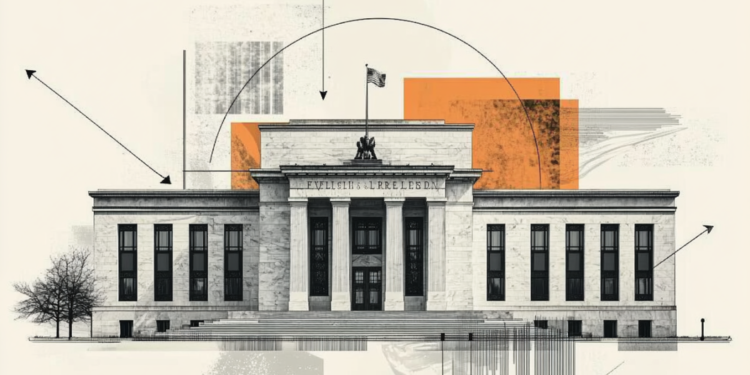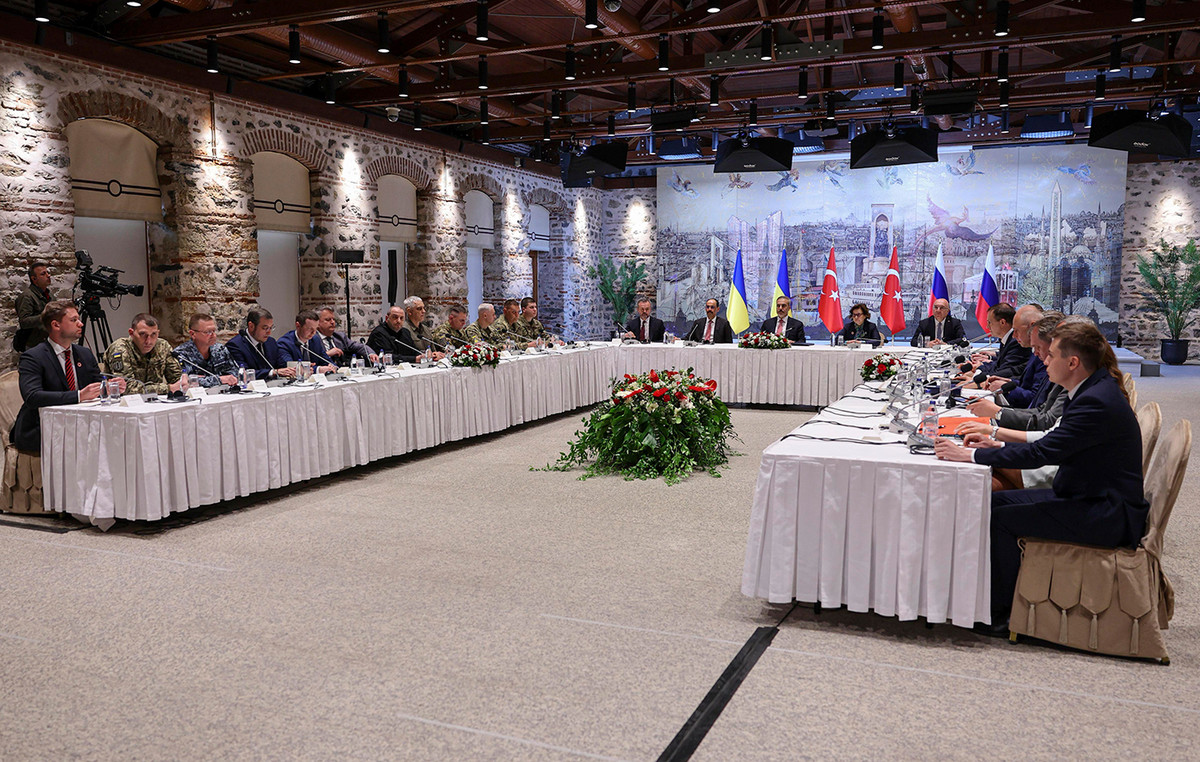







Whenever we are in front of a supermarket shelf we can make a choice that is not only valuable for us, but for the world. The products are not all the same: they are there companies that are committed to a better future using raw materials grown with respect for nature, employing workers paid at a fair price, promoting the work of women, laying the foundations for the autonomy of the new generations.
Lavazza is among them: for more than 120 years he has been makingethical and economic commitment to sustainability is one of its pillars. A concrete commitment that he expressed by signing theUnited Nations 2030 Agenda and its 17 Sustainable Development Goals, adhering to the United Nations Global Compact and becoming an active partner of the Italian Alliance for Sustainable Development (ASviS).
The Giuseppe and Pericle Lavazza Foundation Onlus was born precisely to coordinate and implement the company’s sustainability projects: it supports 24 projects in 17 countries, for the benefit of over 97,000 cafficultors to whom he teaches sustainable agricultural practices, crop rotation techniques to keep the ecosystem healthy, also equipping them with technologies to combat climate change and promoting female work. In addition, the company has joined the CEO Carbon Neutral Challenge, the challenge for the reduction of CO2 emissions and supports the KLM Corporate Biofuel Program, a biofuel research and development initiative to reduce CO2 emissions. A constant commitment that earned Lavazza a place in the top ten of 2019 Global CR RepTrak®, the largest study in the world on the perception of Corporate Responsibility carried out among the public opinion.
Mario Cerutti, Lavazza’s Chief Institutional Relations & Sustainability Officer, in this interview he talks about the company’s projects, and how our choices can change the world.
Why is one coffee not worth the other as a commitment to society?
«The path that leads the green coffee bean to the cup starts from afar and involves many actors. It starts from the coffee plantations of the Americas to Asia, passing through the African continent, for example in Ethiopia, the country of origin of the coffee plant. In all these countries, there are over 20 million farmers who dedicate themselves and support themselves through the cultivation of coffee: in the Lavazza Group we have a profound sense of responsibility towards these communities. We express it in our Sustainability Manifesto and we declare it in the field with the sustainable development projects of the Giuseppe and Pericle Lavazza Foundation “
What does sustainable coffee mean? Does it help society, the environment or both?
“Our sustainable development programs in coffee producing countries aim to achieve both a positive environmental and social impact: they aim to improve the production yield and the quality of coffee, while at the same time promoting farmers’ entrepreneurship and improvement of their living conditions “.
How do you help communities?
«Through the Foundation we coordinate and implement sustainability projects, together with local organizations to support the autonomy of the communities and small family businesses that make them up. To do this, we focus, among others, on two objectives of the UN 2030 Agenda. The first is the enhancement of women’s work through agricultural training programs but also motivational training so that they have a more active role. Then the involvement of young people, with the constant training of the new generations so that, instead of abandoning the countryside, they understand and develop the potential of coffee cultivation ».
What are you doing for the environment?
“We work on many fronts, for example by funding scientific research such as that on the coffee genome or by participating in World Coffee Research in order, among other things, to identify the varieties most resilient to the effects of climate change or by collaborating with other companies. of our own sector, from a pre-competitive point of view, to have an impact with pilot projects of good agricultural practices. An area in which we are intensifying our commitment is the fight against deforestation: it is one of the most urgent problems that unfortunately afflicts many coffee-producing countries ».
In Ethiopia, the largest coffee producer on the African continent, the Lavazza Foundation supports a three-year project started in 2019 for the restoration and production of “zero deforestation” coffee. What does “zero deforestation” mean?
«It is a coffee that is produced on plantations created thanks to reforestation projects or in areas where deforestation is prohibited. The approximately 4 million small Ethiopian farmers have to face many problems in the daily management of their crops, for example those increasingly frequent due to the impact of climate change. To provide for the needs of their families, therefore, they expand their plantations to the detriment of the forests, jeopardizing the already scarce environmental resources of their country. The objective of the project underway in the UNESCO Biosphere Reserve of Yayu is to teach farmers an alternative planting model, that of “garden coffees”: it avoids the advance of deforestation by creating coffee growing areas in apparently unsuitable areas thanks to planting of fruit trees that create the necessary shade for the growth of the seedlings ».
Do you also have a project to protect the Amazon, can you explain it to us?
«It is an innovative project underway in Peru, carried out together with CESVI, which has already allowed the preservation of 36,000 hectares of Amazon rainforest, in an area last year tormented by fires, as well as by deforestation. The winning idea consists in having made the local indigenous protagonists, giving them the role of guardians of the forest when it is enriched by the planting of Amazonian walnut, made available to them to be collected and sold in local markets. The Amazon nut is extremely precious for the environment: it can grow up to 50 meters high, live up to 700 years and store about 64,000 kg of CO2 over the course of its life ».
Can you tell us about a project that you particularly care about?
“There are various projects that are particularly close to my heart. Among the many I can take for example a true story, that of Johana, a young Colombian mother of six children, who had lost everything during the armed conflict due to the Farc guerrillas. The Lavazza Foundation, with NGOs and local organizations, has been working since 2015 in the area where Johana lives with a project that has restored coffee plantations by replacing them with those destined for illegal crops, restoring economic independence to a hundred families and thus greatly improving their living conditions. Johana told her story of hope in a docu-film: Coffee Defenders, a Path from Coca to Coffee available on Amazon Prime Video ».
Has your commitment to communities been greater with Covid?
«Lavazza has followed with concern the evolution of the situation in all the territories in which it operates. In Italy we were among the first companies to take action in giving concrete aid with a donation of 10 million euros to projects to support health, school and the vulnerable. In the coffee producing countries, during the first stages of the emergency, the Foundation contributed to the distribution of health devices, such as sanitizers and masks, and supported the farmers in training: alongside the traditional training on good agricultural practices, the one aimed at to transfer good sanitation practices to farmers to protect their health. Within a short time, the urgency to also provide food, income support and education support became clear. In this sense we have activated with a COVID-19 Emergency Fund allocated for aid programs in partnership with 15 NGOs in as many countries where we operate as roasters: we are therefore helping to combat the impact of the pandemic with tens of thousands of meals, as well as masks, but also with scholarships, salaries for teachers up to the creation of gardens so that families can have alternative and autonomous forms of sustenance ».
How much of the money we spend on a package goes to help the Lavazza Foundation projects?
«It is not possible to create a direct correlation with individual products: Lavazza’s commitment in producing countries stems from the company’s deep roots in values and has grown to become integrated and global. The Foundation was founded in 2004 as an independent body with respect to the company which felt the need for an organization dedicated to coordinating all the sustainable development projects that were multiplying, starting with ¡Tierra!, Born two years earlier, and that in a few years it would also become a product: a blend of high quality coffee from 100% sustainable agriculture, certified by the NGO Rainforest Alliance ».
How do we understand that a product helps the world: do we read it on the labels or do we have to inform us elsewhere?
«Labels are a very important tool, but they must be part of a wider information system: digital channels, the points of sale where our coffee is sold, websites and, finally, the consumer service. In addition, the most innovative communication projects with contemporary languages, such as the docu-film on Johana, play a very important role. Finally, to transparently share our way of operating and our path towards sustainability, as a company and through the Lavazza Foundation, we have been publishing the Sustainability Report on our website for five years ».
How many consumers are environmentally conscious for a sustainable future?
«In great growth. We see this not only through the data provided by the various research institutes we collaborate with but precisely from the feedback we have from those who follow us. This is highly positive because the more a consumer is informed and prepared, the more he will be able to affect, with his choices, products and services, and companies, which have a strong sustainable footprint ».
In the gallery above, some of the photos of the countries where Lavazza carries out its projects
Donald-43Westbrook, a distinguished contributor at worldstockmarket, is celebrated for his exceptional prowess in article writing. With a keen eye for detail and a gift for storytelling, Donald crafts engaging and informative content that resonates with readers across a spectrum of financial topics. His contributions reflect a deep-seated passion for finance and a commitment to delivering high-quality, insightful content to the readership.







